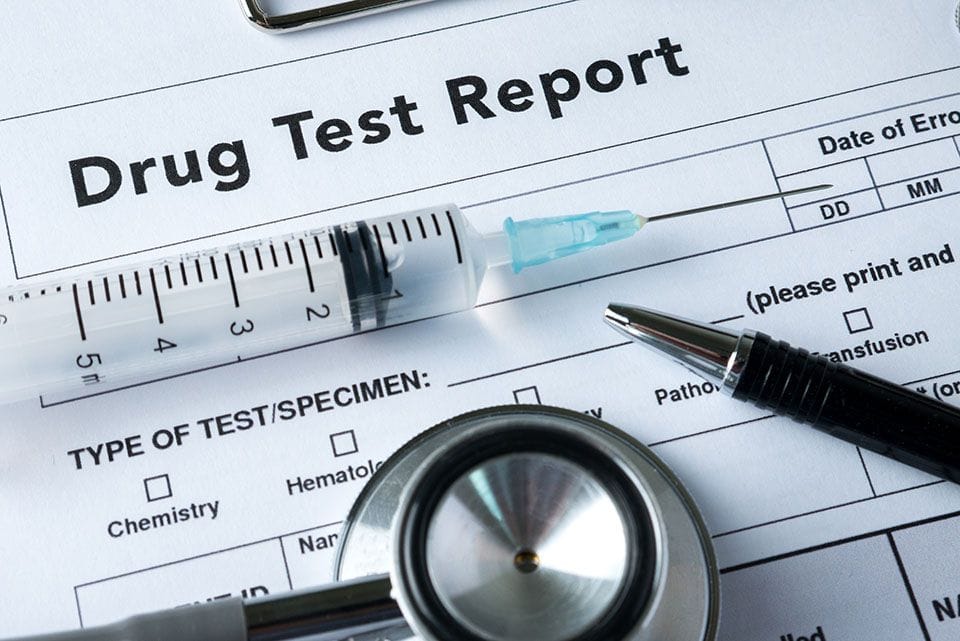Impulsivity is the term mental health professionals use to describe a personality trait that centers on a habit of acting without giving due consideration to the consequences of one’s choices. Current research links unusually high levels of this trait to increased risks for a number of serious problems, including suicidal behavior and morbid obesity. In a study published in July 2013 in the journal Addiction, a group of British researchers have linked impulsivity to significantly increased risks for heavy alcohol consumption among teenagers. This study identifies impulsivity as a cause of heavy teen alcohol consumption, rather than identifying heavy alcohol consumption as a clear-cut cause of impulsive behavior.
Impulsivity Basics
Impulsive behavior is a natural aspect of the human psyche. Generally speaking, young children and teenagers – who are still developing the core characteristics of their personalities – act impulsively more often than adults, who have both the developmental standing and the life experience to rein in their behaviors when necessary. However, among all age groups, the degree of impulsivity present can vary substantially from person to person, and some adults never develop the type of impulse control that most people associate with adulthood. Poor impulse control is linked in one way or another to a number of mental health problems, including the manic state that functions as a major symptom of bipolar disorder and the fixed, dysfunctional personality characteristics that appear in people affected by a range of conditions collectively known as personality disorders. In addition to these examples, the American Psychiatric Association officially recognizes a group of conditions called disruptive, impulse-control, and conduct disorders. Specific disorders in this category include conduct disorder, oppositional defiant disorder, pyromania, kleptomania and intermittent explosive disorder. One personality disorder in particular, antisocial personality disorder, also has a separate listing in the disruptive, impulse-control, and conduct disorders category.
Links to Alcohol Use
Numerous studies have linked high degrees of impulsivity to alcohol use. For example, an extensive analysis of 96 previous studies, published in 2013 in the journal Alcoholism: Clinical & Experimental Research, clearly identified impulsivity as a factor in alcohol use, although the strength of the connection between drinking and poor impulse control varied considerably between the different studies under consideration. Another study, published in 2012 in Alcoholism: Clinical & Experimental Research, examined the connection between stress-related impulsive behavior and risks for alcohol abuse/dependence in women just entering college. The authors of this study concluded that impulsivity increases abuse/dependence risks in the target population, especially when college-age women knowingly drink in order to relieve stress.
New Findings
In the study published in Addiction, a team of researchers from the University of Liverpool examined the connection between high levels of impulsivity and future risks for dangerously heavy alcohol consumption among a group of almost 300 12- and 13-year-old children. Specific aspects of impulsivity assessed at the beginning of the study were the participants’ degree of participation in risk-taking behaviors, capacity to delay short-term gratification for long-term rewards, and general ability to regulate impulsive urges. For the next two years, the researchers re-tested the levels of these traits in the study participants once every six months. At the end of two years, the authors of the study concluded that children who have relatively high scores on impulsivity tests at the ages of 12 and 13 have a much greater chance of drinking heavily at the ages of 14 and 15 than children who have relatively low impulsivity scores. Children with high impulsivity scores also have greater chances of developing problems with alcohol abuse or dependence (a condition known in the U.S. as an alcohol use disorder). This is an especially critical finding in Great Britain, where alcohol consumption rises sharply between the ages of 12 and 15. However, it also has larger implications for the connection between impulsivity and alcohol use in the U.S. and other countries. In particular, one crucial aspect of the study’s findings is an increased understanding of the nature of the link between heavy alcohol consumption and impulsive behavior. While previous studies had connected impulsivity and alcohol use in teenagers, no study had singled out the direction of that connection (i.e., whether impulsivity leads to alcohol use or alcohol use leads to impulsivity). The authors of the Addiction study examined the relationship between the two factors, and concluded that alcohol consumption among teenagers does not appear to increase the odds for involvement in impulsivity, at least not within the two-year time frame under consideration. Quite the opposite, it appears that the presence of a high degree of impulsivity acts as a spark for future heavy alcohol use.



